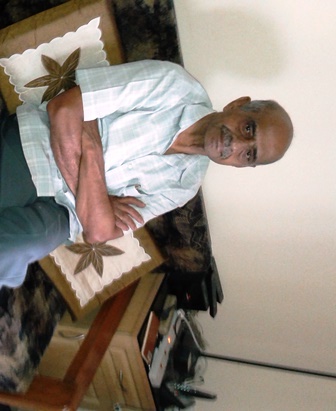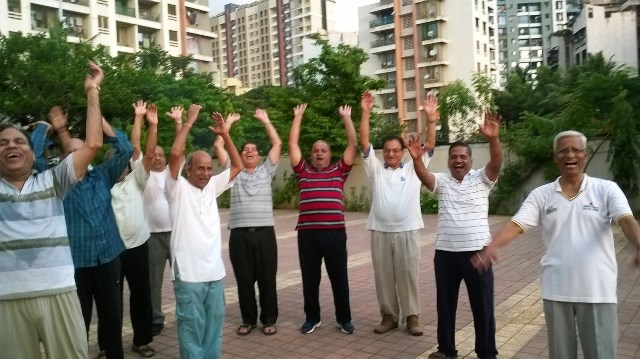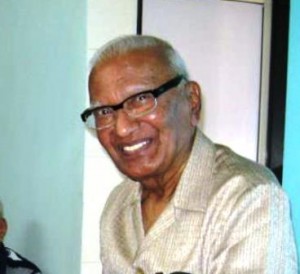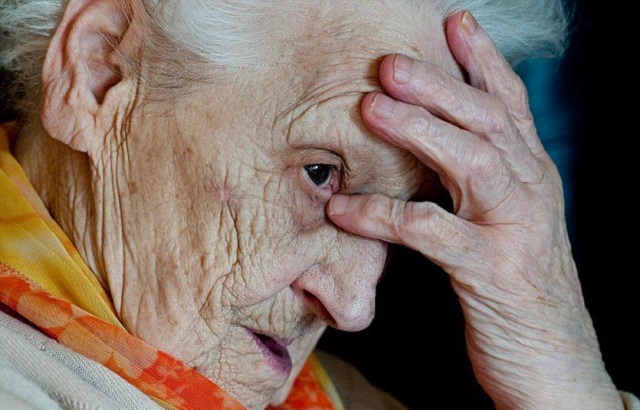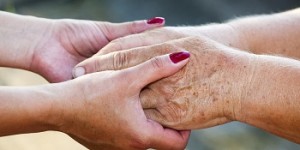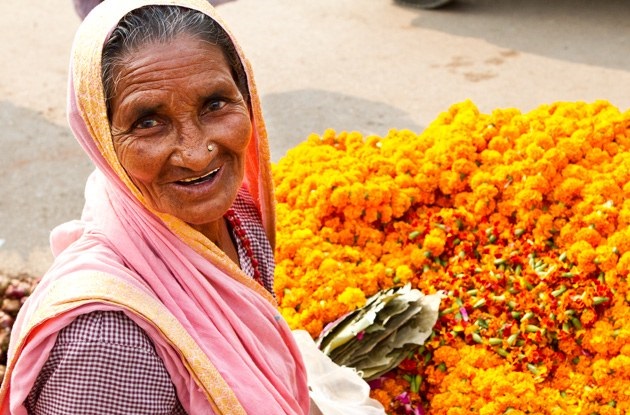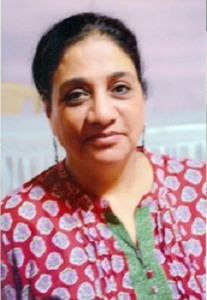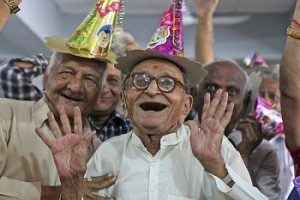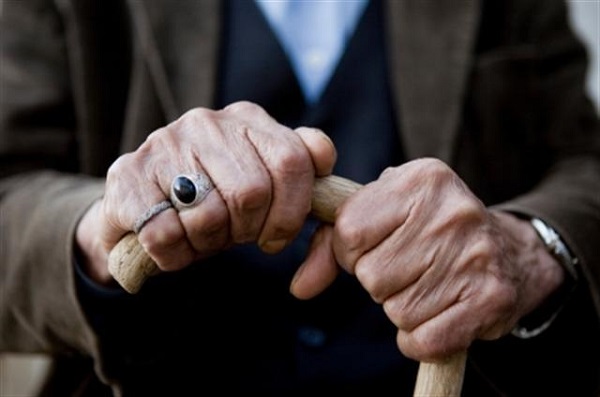This gentleman is 76, and absolutely fighting fit! His active lifestyle can inspire other elders to take up exercise too.
by Jayeeta Bose, Morning Song Foundation
It can be said with a great deal of certainty that physical fitness impacts health positively; not only at a young age but at a later stage as well. Studies related to health and ageing have thrown up the fact that lifestyle changes incorporating exercise into the daily routine, can significantly augment fitness in older people. Is there a specific age beyond which exercise is harmful? What is the right amount of exercise for an elderly person?
To address these issues, we should closely examine factors that lead to successful ageing. Being free of illness does not necessarily ensure good quality of life as one ages. Mobility, independence, cognitive function, psychological state and social relations and network are also very important. Healthy ageing is about optimising opportunities for good health, so that older people can take an active part in society and enjoy an independent and high quality of life.
How do we ensure that we lead an active and healthy life as we grow old? Let’s find out through the story of BS Nagabhooshan Rao.
Fighting fit
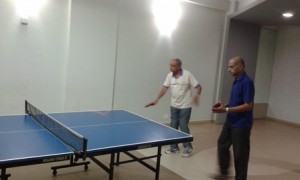 Mr Rao is 76 years old and fit as a fiddle. He is our neighbourhood ‘uncle’ and widely respected. He is leading a quiet and relaxed retired life after a successful stint in a reputed private organisation. His formula for healthy living is very simple: discipline, physical activity and social engagement. Beginning his day at 4 am, he sets about the day with vigour and resilience. Yoga is his first preference as it calms the mind and makes the body flexible. Following this, he takes a brisk walk in the neighbourhood which gears him up for the rest of the day. A strict disciplinarian, he sticks to his schedule with unwavering regularity.
Mr Rao is 76 years old and fit as a fiddle. He is our neighbourhood ‘uncle’ and widely respected. He is leading a quiet and relaxed retired life after a successful stint in a reputed private organisation. His formula for healthy living is very simple: discipline, physical activity and social engagement. Beginning his day at 4 am, he sets about the day with vigour and resilience. Yoga is his first preference as it calms the mind and makes the body flexible. Following this, he takes a brisk walk in the neighbourhood which gears him up for the rest of the day. A strict disciplinarian, he sticks to his schedule with unwavering regularity.
He takes his meals on time and rests a while in the afternoon. His chores take up most of his day, but evenings are dedicated to his favourite sport, table tennis. This being a team sport, ensures sufficient social interaction in addition to promoting strength and agility of the muscles. A typical day ends with a family dinner and reading. A disciplined lifestyle such as this keeps him fit as a fiddle and less prone to ailments. His reflexes and alertness are far better than his peers’, which enable him to drive from Bangalore to Mysore (about 150 km) to visit relatives! No better way to celebrate longevity, is there?
How does an active lifestyle help?
Benefits of a routine such as this are enormous. There is reduced chance for diseases; BP and obesity are under check, increased strength and endurance, better lung function, greater balance and no trace of depression or anxiety.
A holistic lifestyle has its merits and a range of mental and physical health benefits can be reaped. People tend to get less active as they grow older, though moderate activity and walking increases. It is never too late to take up a new activity irrespective of the age. If the body is too frail, a moderate activity will serve the purpose. Good exercise will actually slow down the decline associated with ageing, prevent the onset of several diseases, and alleviate some of the consequences of diseases. A combination of physical and social activities is particularly advisable. A few activities suited to older people are walking, cycling, yoga, all kinds of games, family and community life to name a few.
As monsoon retreats and autumn sets in, there is great sagacity in planning a “health holiday”. It would mean making minor changes in lifestyle, but will guarantee overall wellbeing. The time is ripe for everyone to take charge of their ageing process. The secrets to everlasting happiness are twofold – a healthy body and a healthy mind. Growing old is not necessarily a burden and it does not reduce one’s ability to contribute to society. Senior persons can make valuable and important contributions making them socially inclusive and dependable resource.
Grey Space’ is a weekly column on senior citizen issues. If you have an anecdote, or legal information, or anything you feel is useful to senior citizens, caregivers and the society at large, feel free to get it published in this space. Write to editor@themetrognome.in or on Facebook at www.facebook.com/Themetrognome.in and we will publish your account.
